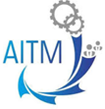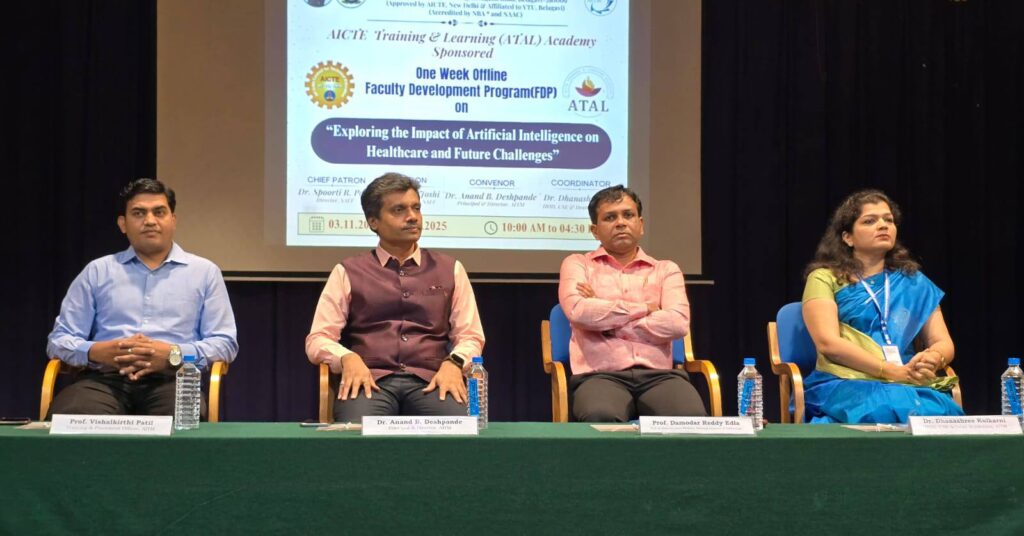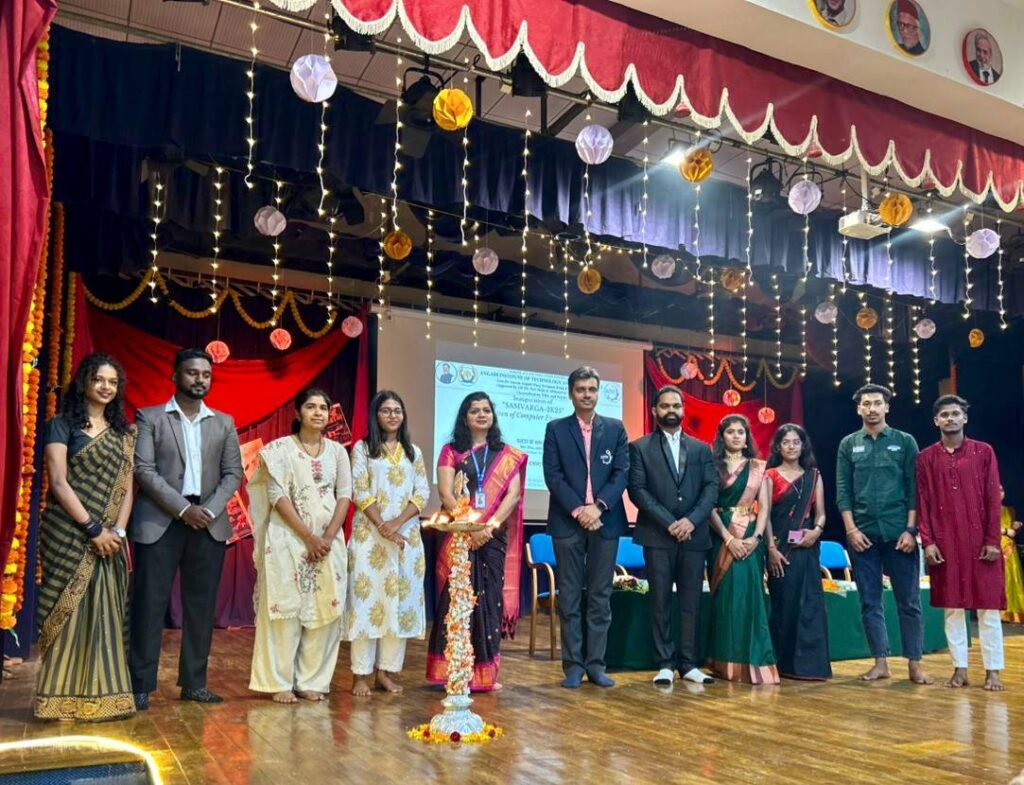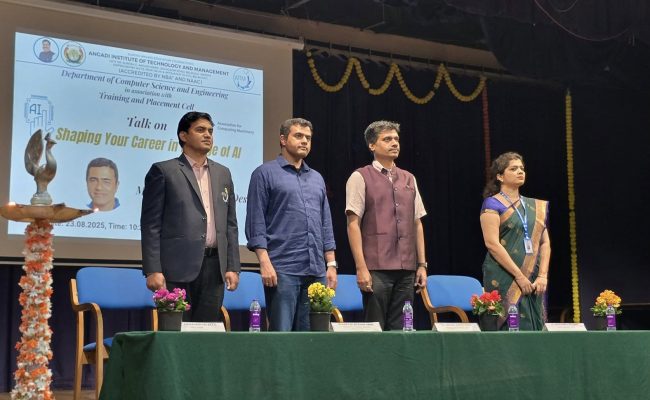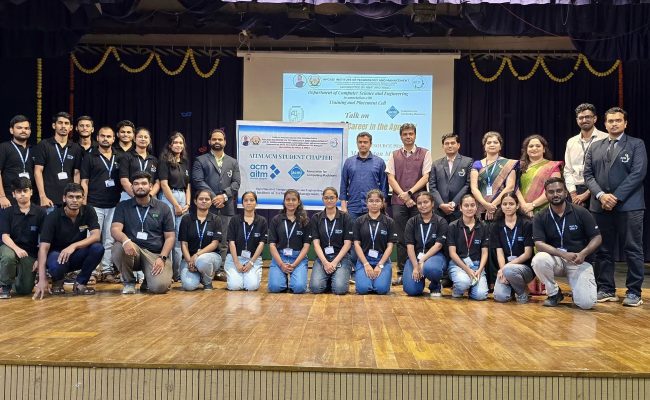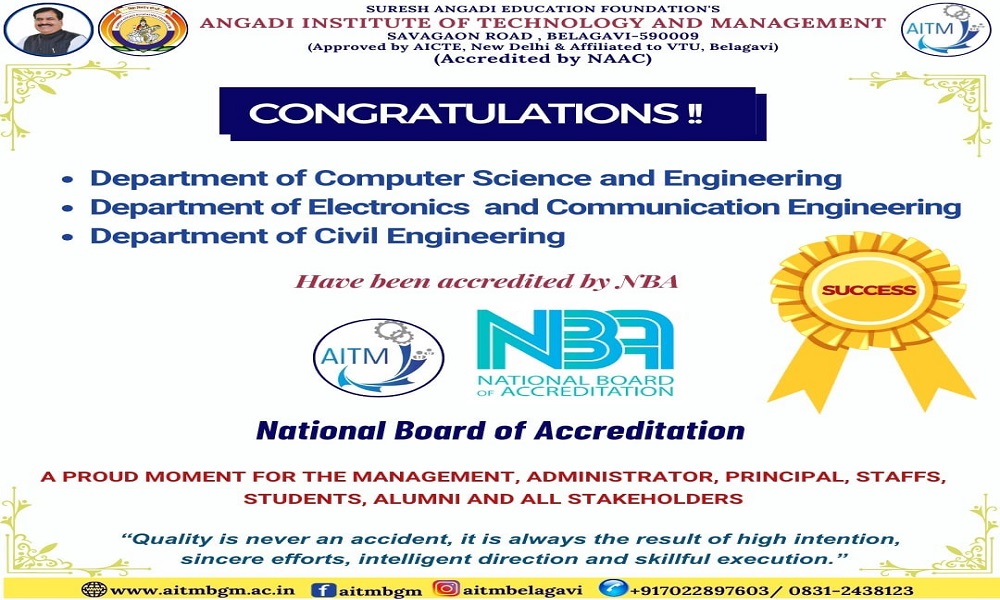- Toppers
- Syllabus
- Placed Students
- Admission Statistics
- Alumni
- E-Newsletter
- E-Newsletter Second Quarter – 2025
- E-Newsletter First Quarter – 2025
- E-Newsletter Fourth Quarter – 2024
- E-Newsletter Third Quarter – 2024
- E-Newsletter Second Quarter – 2024
- E-Newsletter First Quarter – 2024
- E-Newsletter Fourth Quarter – 2023
- E-Newsletter Third Quarter – 2023
- E-Newsletter Second Quarter – 2023
- E-Newsletter First Quarter – 2023
- E-Newsletter Fourth Quarter – 2022
- E-Newsletter Second Quarter – 2022
- E-Newsletter First Quarter – 2022
- E-Newsletter Fourth Quarter – 2021
- E-Newsletter Fourth Quarter – 2020
- E-Newsletter Third Quarter – 2020
- E-Newsletter Second Quarter – 2020
- E-Newsletter Second Quarter – 2019
- E-Newsletter First Quarter – 2019
- E-Newsletter Third Quarter – 2018
- Time Table
Hi everyone. I would like to share the logic behind the Placement which led me to be a part of a core company. Placement training activity led by a superior...
Miss. Shraddha Bykod,(2AG14CS092),IBM, Pune.
AITM, for me, is more than an institution. It has provided me with brilliant and priceless experience, both academically and personally. It has always provided the right amount of exposure...
Mr. Azar B,(2AG14CS016),Sasken Tech.
There is an immense scope for learning and development at AITM. The faculty is quite supportive and the college aims at Goal Oriented education by making the students industry ready...
Mr. Bhagesh T,(2AG14CS017),Associate Consultant in All State.
AITM is an institution which helps you fly high in the sky of success. A student like me with no interest in technology by chance entered into the technical institution...
Miss. Nisha K,(2AG15CS043),INFOSYS, Bengaluru.
The most memorable time of my life was the time I became a part of Angadi Institute of Technology and Management, Belagavi. Throughout my time in college it had not only...
Mr. SHUBHAM M,(2AG13CS075),Karnataka Bank.
About
Established in 2009, the Department of Computer Science and Engineering (CSE) has witnessed exponential growth and continues to evolve in line with the latest trends in computing. Our mission is to provide students with a strong foundation across all key areas of computer science, including programming, networking, web technologies, and more. We place a strong emphasis on helping students understand and master core concepts, ensuring they are well-prepared for both academic and industry pursuits. Our faculty team comprises a balanced blend of dynamic young educators and experienced professionals; all dedicated to enriching the students’ learning experience. The Department offers a balanced mix of theoretical knowledge and hands-on practical skills, enabling our students to become competent and innovative computing professionals. With a commitment to continuous improvement and excellence, the Department of Computer Science and Engineering strives to gain prominence and reach new heights in the years ahead.
Vision of the department
To impart quality education in Computer Science and Engineering with emphasis on professional skills to meet the global challenges in IT paradigm.
Mission of the department
M1: Impart knowledge in current and emerging computing technologies by adopting various pedagogical approaches.
M2: Develop a conducive environment to inculcate and nurture analytical and communication skills along with societal and ethical responsibility in all professional endeavors.
M3: Enable students to be successful globally by being effective problem solvers and life-long learners.
HOD's Message
Welcome to the Department of Computer Science and Engineering. In this department we create future computer engineers and responsible citizens. Here, a student gets the opportunity to excel in his academic activities. This is one of the very few departments where undergraduate students publish papers in international journals. At the same time, a student wishing to achieve some recognition in extra-curricular or co-curricular activities will also find the atmosphere helpful. The Department of Computer Science provides an environment to students motivating them to adopt a “want to learn” culture through state of art infrastructure. We offer the best teaching methodologies through class room and laboratory exercises and cultivate a mind-set among students to be inquisitive. Learning is a continuous process and does not end with the acquisition of a degree, especially because steady and rapid advances in computing technologies shorten the life of tools and techniques prevalent today. Therefore we do not aim to make our students walking manuals of any language or package. Instead, they are given a strong foundation in computer science and problem-solving techniques, and are made adaptable to changes. We believe that this approach to teaching-learning, coupled with practical experience gained during Various Training programs and workshops through reputed organizations, and resource persons, equips our students to handle the challenges posed by the software industry. I am confident that you will find our students worthy of your organization.

Dr. Dhanashree K.
HOD, CSE
Program Educational Objective's(PEOs)
PEO 1: Utilize the strong foundation in Mathematics, Programming, Scientific and Engineering fundamentals necessary to formulate, analyze and solve IT related engineering problems, and endeavor themselves for higher learning.
PEO 2: Demonstrate an ability to analyze the requirements and technical specifications of software to articulate novel engineering solutions for an efficient product design.
PEO 3:Adapt to emerging technologies, and work as teams on multidisciplinary projects meeting the requirements of Indian and multinational companies.
PEO 4: Pursue professional career adopting work values with a social concern to bridge the digital divide and develop effective communication skills and leadership qualities, and
PEO 5: Understand the efficacy of life-long learning, professional ethics and practices, so that they may emerge as global leaders.
Program Outcomes(POs)
- Engineering Knowledge:Apply the knowledge of mathematics, science, engineering fundamentals, and an engineering specialization to the solution of complex engineering problems.
- Problem analysis:Identify, formulate, research literature, and analyse complex engineering problems reaching substantiated conclusions using first principles of mathematics, natural sciences, and engineering sciences.
- Design/development of solutions:Design solutions for complex engineering problems and design system components or processes that meet the specified needs with appropriate consideration for the public health and safety and the cultural, societal, and environmental considerations.
- Conduct investigations of complex problems:Use research-based knowledge and research methods including design of experiments, analysis and interpretation of data, and synthesis of the information to provide valid conclusions.
- Modern Tool Usage:Create, select, and apply appropriate techniques, resources, and modern engineering and IT tools including prediction and modelling to complex engineering activities with an understanding of the limitations.
- The Engineer and Society:Apply reasoning informed by the contextual knowledge to assess societal, health, safety, legal, and cultural issues and the consequent responsibilities relevant to the professional engineering practice.
- Environment and Sustainability:Understand the impact of the professional engineering solutions in societal and environmental contexts, and demonstrate the knowledge of need for sustainable development.
- Ethics:Apply ethical principles and commit to professional ethics and responsibilities and norms of the engineering practice.
- Individual and Team Work :Function effectively as an individual, and as a member or leader in diverse teams, and in multidisciplinary settings.
- Communication:Communicate effectively on complex engineering activities with the engineering community and with society at large. Some of them are, being able to comprehend and write effective reports and design documentation, make effective presentations, and give and receive clear instructions.
- Project Management and Finance:Demonstrate knowledge and understanding of the engineering and management principles and apply these to one’s own work, as a member and leader in a team, to manage projects and in multidisciplinary environments.
- Lifelong learning:Recognize the need for, and have the preparation and ability to engage in independent and lifelong learning in the broadest context of technological change.
Program Specific Outcomes(PSOs)
PSO 1 : To understand and develop programs in core areas of Computer Science & Engineering related to Data Structures and Algorithms, Web Design, Database Management Systems, Artificial Intelligence, Machine Learning and Networking to provide solutions for real world problems.
PSO 2: To have a comprehensive knowledge of Architecture and Organization of Multicore Processor, Robotic Process Automation, Storage Area Networks, and Internet of things to employ professional skills in diverse environments.
PSO 3: To cultivate ethical skills and cater the needs of industry and society with the knowledge of management and entrepreneurship, energy and environment, principles of software engineering and universal human value courses.


